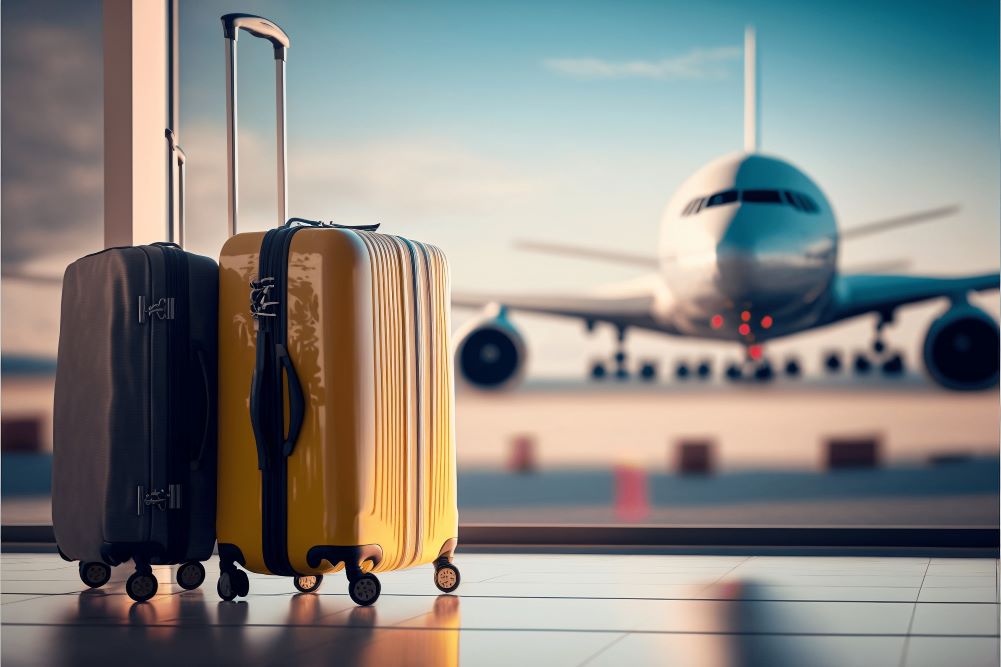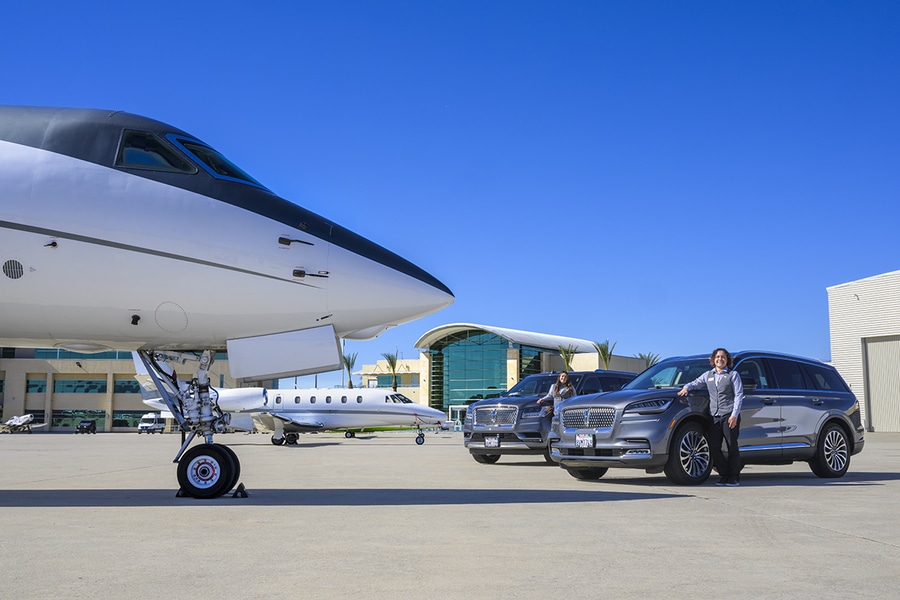As a result of the coronavirus pandemic, air travel in the U.S. has decreased significantly. Although more and more individuals are traveling, the industry is far from being close to its pre-coronavirus state. Despite this, the mass distribution of vaccines throughout the United States means that travel will begin to slowly pick up throughout 2021. If you plan on making travel plans in 2021, you should be aware of the following before you get on the plane:
1. Face mask coverings are required for travel
As of February 2, 2021, the U.S. Transportation Security Administration (TSA) is requiring airplane travelers to wear a face mask during screening checkpoints, in the airport, and while passengers are on their flight. As of now, this policy is in effect until May 11, 2021. However, it is advised that you check for any updates if you plan to travel after those dates. There is a chance that the date could be extended past May 11, 2021, or that individual states or airlines will continue to enforce face masks in the future.
2. Real ID requirements are effective in October
The original Real ID Act was passed in 2005 by Congress to set forth standards on identification requirements for travel. Effective October 1, 2021, the Real ID requirements will change and all people 18 and older must travel with a government-approved form of ID. This means you will no longer be able to travel domestically with a normal driver’s license. You will need an enhanced driver’s license or some other form of acceptable ID, such as a passport.
3. Airplane filtration systems are effective against COVID-19
Although you assume the risk of COVID transmission at any point during travel, the current safety protocols and high-tech filtration systems mean that the risk of contracting COVID on the airplane is low. A new study has shown that the chances of becoming infected on the plane are about one chance in half a million. This is a result of powerful air circulation fans and high-efficiency particulate air (HEPA) filters that rid the air of bacteria and viruses.
4. International Travelers Must Test Negative Before Returning to the U.S.
If you plan to travel internationally, you will need a negative COVID-19 test result before you return to the United States. This order has been in effect since January 26, 2021, and requires all international travelers (aged two or older) to provide proof of a negative COVID-19 antigen or PCR test before returning to the U.S. The test must have been taken within 72 hours of departure. It is advised to check on this travel requirement for any updates or changes.
5. Save money by booking early
As vaccines are mass distributed and more countries open for tourist travel, it is important to lock in deals on flights as early as possible. With more people traveling, this means that the prices of flights increase over time. If you are eyeing a low-priced ticket, secure it now before the price rises.
6. Review the airline cancellation policy
If you’ve been browsing flights recently, you may be aware of the more flexible airline cancellation policies that are in place to encourage travelers to book flights. Although some airlines may continue to offer these terms throughout the year, it’s possible that some will change their policies back to their previous state. As a result, you should check airline cancellation policies before booking any flight.
7. Certain Countries are Re-Opening for Tourist Travel
If you plan to travel internationally, you should research which countries are open to tourist travel and their specific restrictions during this time. Some countries may be enforcing stricter curfews and safety protocols than the United States. Review the CNN list of countries that are welcoming tourists and their individual travel requirements before you book your flight.
8. Airlines and airports are following strict cleaning guidelines
In response to COVID-19, airlines and their employees are instructed to follow strict safety protocols to protect the health of traveling passengers. Employees are instructed to sanitize surfaces frequently, clean and disinfect the aircraft between flights, and clean ticket counters and baggage claim areas multiple times throughout the day.
9. You can avoid quarantine by testing negative for COVID-19
In certain areas in the United States, including the Hawaiian islands, you can avoid a 10-day quarantine by testing negative for COVID prior to travel. In order to do this, you will need to go to a verified testing partner and receive a negative test result within 72 hours of departure. After you receive your test, you will need to upload your results to the State of Hawaii COVID portal. You will also be asked to show your test results again upon arrival. Be sure to check the Hawaii travel page for updates.
10. Be sure to check for updates
During this time, it’s important to check for travel updates from airlines and the areas in which you plan to travel. Despite a steady increase in travel, there are still possibilities of flight cancellations or changes in flight times. As a result, it’s important to keep in mind potential changes to your trip times and make sure you have backup travel plans in place when you book your flight.
So long as travelers check for updates and remain flexible with their travel plans, they should be able to have a pleasant travel experience in 2021.
Take Flight with Luxivair SBD
Luxivair SBD is one of the premier FBOs in the country located in the city of San Bernadino, California. We offer an unparalleled luxury experience for our pilots and customers that choose to fly with us. Enjoy our many amenities, including our beautiful lounge and lobby areas and fitness area. Check out our services and take flight with Luxivair today.





